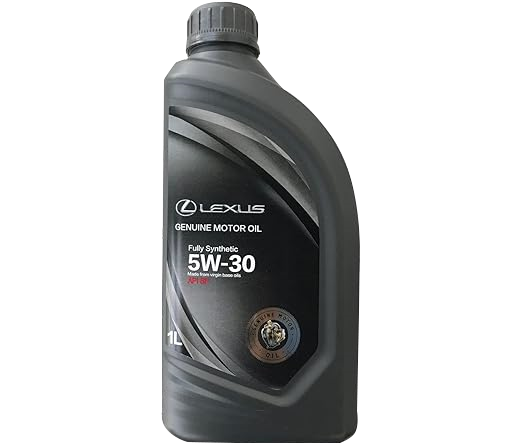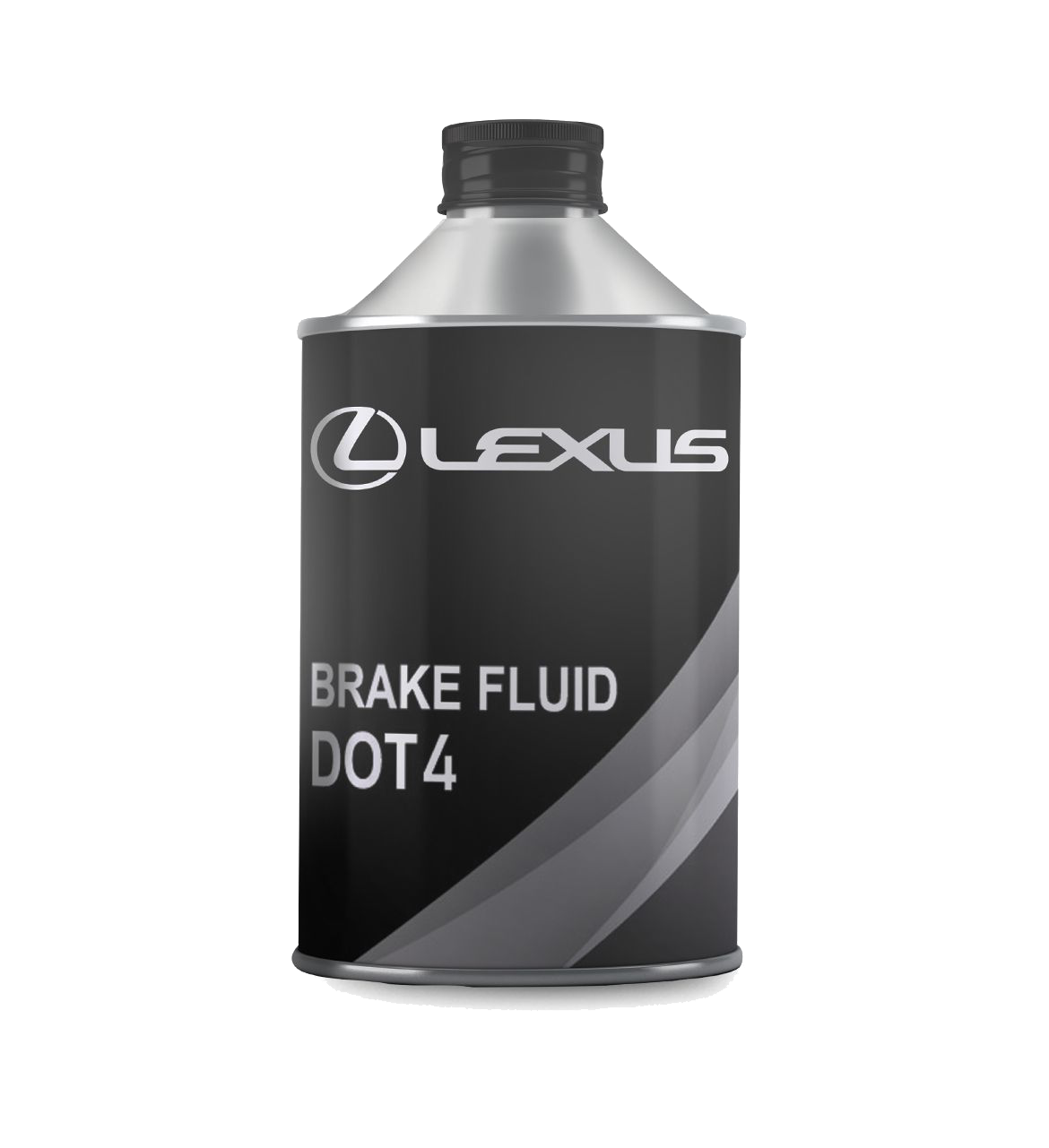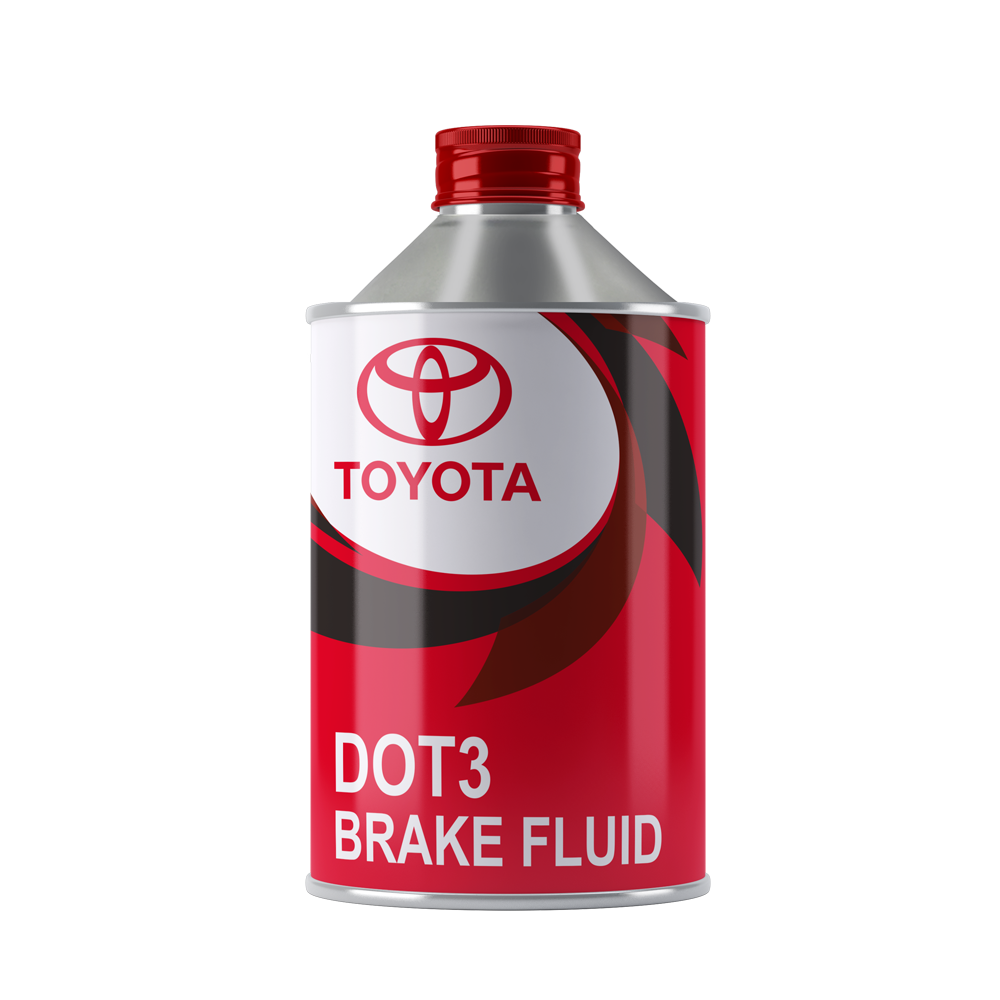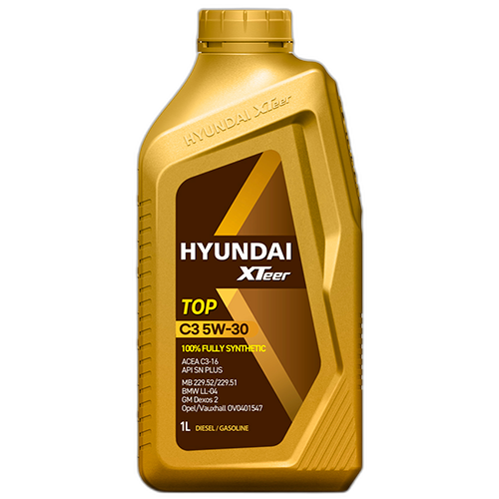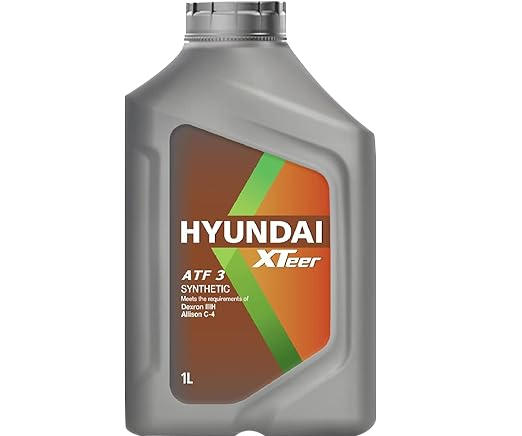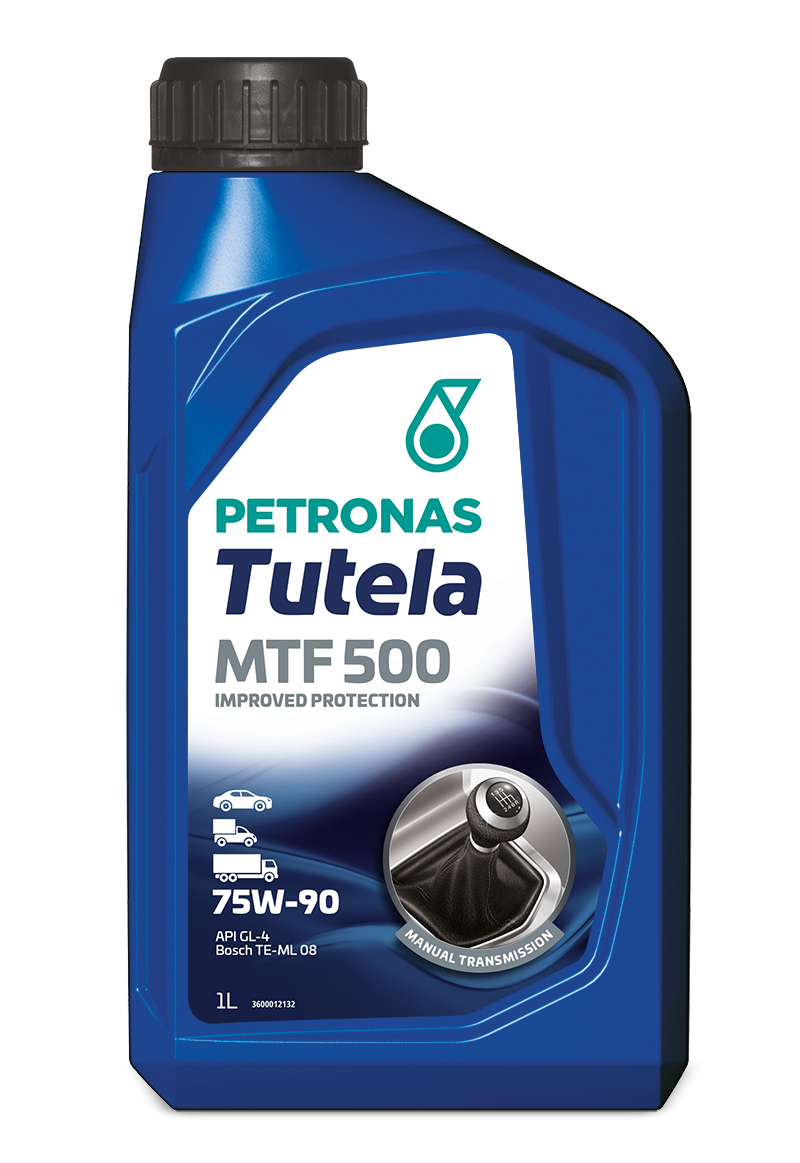Changing your car’s oil at a service center is a quick and easy process. We cannot recommend and remind enough how important engine oil is to the health of your car’s engine. Some may wait until there is an obvious problem before replacing the oil. But did you know that good, pure oil improves the performance of your car and extends the life of the engine?
Many drivers rely on mileage to estimate when to change their car’s oil. But there are other factors to consider, such as oil quality, car age, and driving style. Good, pure motor oil improves your car’s performance by lubricating the engine and keeping it healthy. However, the oil degrades over time and becomes unable to do its job. When this happens, at least one of the signs listed below is usually present.
Oil change or check engine light comes on

Your car will be the first to inform you that there is a problem with your oil and when there is not enough oil in the engine, the check oil light in your car will come on. Check your oil level and make sure there is enough oil. If the signal is ignored, the check engine light may come on. It’s your car’s way of letting you know that things have reached a point where your engine could be at risk of damage due to faulty engine parts or low oil.
Sounds from the engine

Engine oil acts as a barrier between different engine parts, which prevents friction and makes your car’s engine run smoothly. However, engine noises may occur, and these noises will become louder if your oil is not doing its job as it should. You may even hear knocking or knocking noises, which indicates that your engine is slowly tearing itself apart due to low oil.
Dirty and unclear oil

Pure oil, golden in color and slightly transparent. When used, it mixes with fine particles inside the engine, and its color becomes dark over time. It won’t be obvious, so monitor and check your engine oil at least once a month. If you can’t see the dipstick through the oil, it means it’s time to change your car’s oil.
The smell of oil in your car

When you smell oil inside your car, it’s usually a sign of a leak. Your car may overheat if you smell gas or smoke coming from the exhaust. In either case, you should schedule maintenance for your car right away.
Smoke coming out of the exhaust

Your car’s exhaust will emit some clear fumes, but if this turns to smoke, have your engine checked. You may have an oil leak or a defective part.
Long distances and early change

You’ll need to change your oil sooner than usual if you’ve driven high mileage recently. Although car types vary, most recommend changing the oil every 5,000 kilometers or three months. For most new cars, the recommendation is every 10,000 kilometers or six months. You can find detailed instructions from the manufacturer in your owner’s manual. For older cars, we recommend using high-mileage motor oil.
Regular oil change

Changing your engine oil is one of the most important things you can do to maintain your car’s performance. It’s simple and inexpensive, and with the right level and quality, the oil will protect your engine from wear and tear, avoiding future breakdowns and losses.




